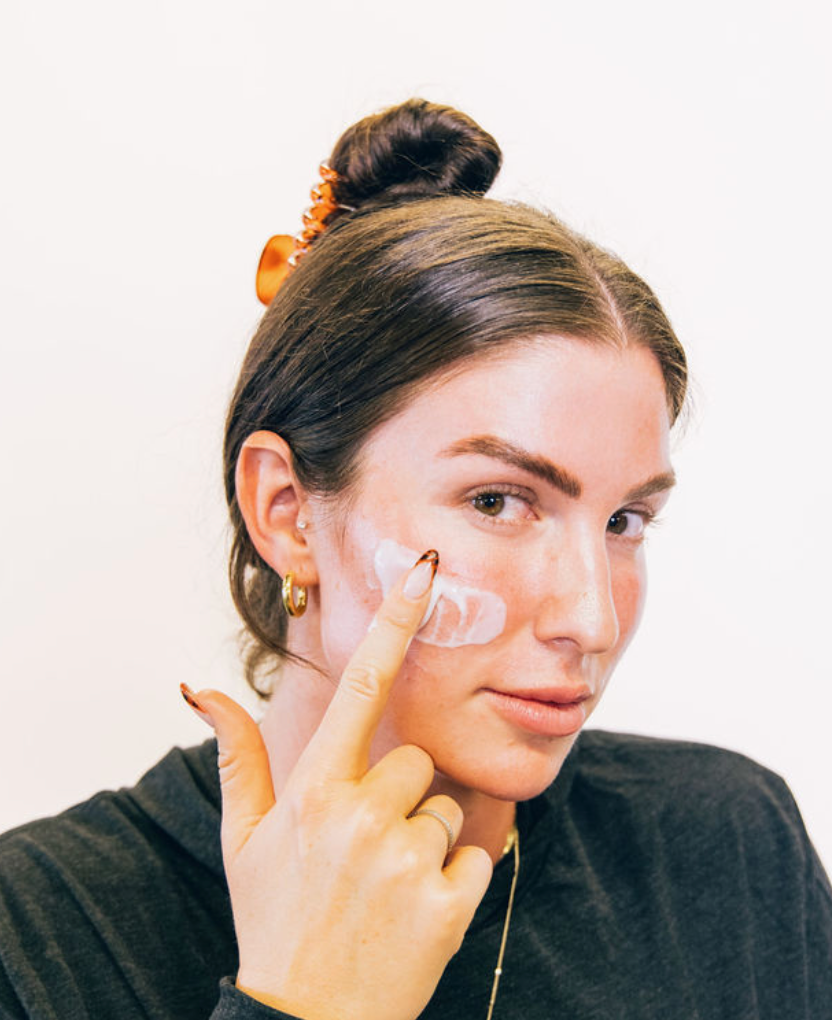Daily regular exercise is associated with a wide range of health benefits. However, exercise before bedtime is generally not recommended. This is because exercise can increase heart rate and body temperature, which may negatively impact the duration and quality of sleep.
Recently, though, studies have shown that the relationship between exercise and sleep isn’t as clear-cut as we thought.
Certain types of exercises can be beneficial when done before sleeping.
So, should you exercise before sleep? Here’s what you need to know.
What Is the Relationship Between Exercise and Sleep?
Improved sleep is one of the health benefits that may come when engaging in daily regular exercise. By improving the quality and duration of sleep, many also find that they wake up feeling better and more refreshed the next day.
However, there has been some debate regarding the appropriateness of exercising before bedtime. Since exercise can activate the body — thereby increasing one’s heart rate and body temperature — it might make it harder to fall asleep.
According to recent studies, exercise before sleep does not impair sleep quality. In one study, exercise improved the sleep pattern of healthy non-athletic males.
Results showed an increase in sleep efficiency and REM sleep latency, as well as a decrease in stage 1 sleep and wake after sleep onset (WASO). There was also no significant change in core body temperature.
In a similar study, male participants engaged in 30 minutes of aerobic exercise or 30 minutes of resistance training from 8:45 p.m. to 9:30 p.m. They were then given the opportunity to sleep from 11:00 p.m. to 8:00 a.m. This was done every other day for a week.
According to the results, both exercise groups had higher body temperatures than the no-exercise group. However, there was no difference by bedtime. All participants also scored similarly regarding sleep duration, sleep efficiency, REM sleep duration, and WASO (Wakefulness After Sleep Onset).
A meta-analysis also found that evening exercise may significantly increase REM latency and slow-wave sleep and decrease stage 1 sleep. However, the intensity of the evening exercise still matters. For instance, cycling was associated with more WASO compared to running. The higher the temperature at bedtime, the lower sleep efficiency, and more WASO.
Best Types of Exercise Before Sleep
Not all exercises are the same. If you want to improve your sleep, here are the best types of exercise that you can try.
Aerobic Exercise
Aerobic exercises are one of the best activities for promoting better sleep. Among older adults with chronic insomnia, aerobic exercise was found to help improve overall sleep quality, reduce daytime sleepiness, reduce depressive symptoms, and improve vitality.
Opt for light to moderate-intensity activities such as stretching, brisk walking, light cycling, or leisurely swimming when exercising at night.
Avoid more vigorous aerobic exercises such as running, jogging (at 6 mph), cycling (at 14-16 mph), or playing basketball games. These exercises are very strenuous, and the body may not be able to recover fully by bedtime — thereby impairing your sleep quality.
The CDC recommends at least 30 minutes of aerobic exercise daily at least 5 times weekly.
Strength Training
Contrary to popular belief, you can still engage in strength training at night — especially for those who have active lifestyles.
Studies have found that muscle-strengthening exercise can help improve sleep quality. This could be due to the release of adenosine, a molecule that can induce drowsiness. In addition, strength training was also found to improve sleep quality among patients with OSA.
Similarly to aerobic exercises, opt for light to moderate-intensity workouts. You can use free weights, resistance bands, or machines for about 20-30 minutes at least 2 days a week. Avoid HIIT workouts at night as these are better suited for early morning to early evening.
Yoga
Yoga is a form of exercise that can promote strength and relaxation. This can be very beneficial to sleep when done before bedtime.
In one study, yoga was able to help improve the sleep quality of women with insomnia or sleep difficulties, as well as sleep efficiency, duration, and latency of older adults with insomnia.
Of course, you’d want to avoid more intense types of yoga, such as hot yoga or vinyasa yoga. Choose more slow-moving sequences. You can even do breathing exercises and progressive muscle relaxation. This can help relieve stress and fatigue and aptly prepare you for a good night’s sleep.
How Late Can You Workout Before Bed?
Timing is one of the most important considerations when exercising before sleep. It can determine whether the results will be beneficial or not.
According to studies, exercise can help promote sleep — as long as it is done at least 60-90 minutes before bedtime. This is also more applicable for light to moderate-intensity exercise.
However, it’s important to keep in mind that these results will vary depending on age, gender, fitness level, body type, and if you’re a sound sleeper or not.
You have to tailor your exercise routine according to your personal characteristics.
For instance, those with active lifestyles may be able to recover from exercise more easily. So if you have a more sedentary lifestyle, exercising at least 4 hours before bedtime might be better. This is to give your body enough time to return to baseline levels.
The positive impact of exercise before sleep may also be more observable among those with sleep problems. Good sleepers may see more minimal improvements. However, there are still a lot of other health benefits that come with incorporating exercise into your daily routine.

A New Appreciation for Exercise Before Sleep
Exercise has always played a crucial role in supporting our overall health. But thanks to recent studies, we can also appreciate how exercise before bedtime can improve our overall sleep quality.
This is good news for everyone, especially those who are busy and have no other time to exercise but at night.
Just as long as you tailor your exercises to match your activity level and ensure that exercise is done at least 60-90 minutes before bedtime, you’ll be able to take advantage of the sleep benefits of exercise.
As you create a consistent exercise routine, this can even serve as a signal to the body that you’re preparing for sleep. With a good night’s sleep, you’ll wake up feeling energized and fresh — ready to take on another busy day!









コメントを書く
このサイトはhCaptchaによって保護されており、hCaptchaプライバシーポリシーおよび利用規約が適用されます。